Have A Tips About How To Deal With Mental Disorder
:max_bytes(150000):strip_icc()/dsm-5-criteria-for-generalized-anxiety-disorder-1393147-final-5cde49b87f644d4a9eb25ad7ab1ceae0.png)
Recognize negative situations will shift.
How to deal with mental disorder. 4.1 psychotherapy (or talk therapy) 4.2 medication 4.3 hospitalization 4.4 support groups/online forums 5 how to help someone dealing with mental illness 5.1 educate yourself on the condition 5.2 offer practical assistance 5.3 listen without judgment 5.4 be there for them emotionally 5.5 be patient 6 conclusion what is mental illness? According to who(world health organization), anxiety disorders are the world's most common mental disorders affecting 301 million people in 2019 and approximately 1 in 4 people with anxiety. To hear personal descriptions of mental illness, visit feels like.
With proper care and treatment many individuals learn to cope or recover from a mental illness or emotional disorder. It’s important to address concerns early, as untreated symptoms of mental illness can worsen with time. Discrimination may be obvious and direct, such as someone making a negative remark about your mental illness or your treatment.
Talk therapy is an opportunity for you to talk with a mental health provider about your experiences,. You may learn something about yourself as you learn about a family member’s mental disorder. A delusion will not go away by reasoning and therefore needs no discussion.
The participants reported that trauma made affect regulation difficult. It's also difficult when a loved one is experiencing one of these diseases. Question your thought pattern unhelpful thoughts can take root in your mind and distort the severity of the situation.
That acceptance happens at a different pace for everyone. Learn more warning signs and symptoms mental health conditions common with mental illness treatments mental health by the numbers research your journey seeking volunteers find out how you can be a nami helpline specialist. Acceptance can take time, both for the diagnosed individual, for you, and for other family members and friends.
However, many people with depression also benefit from seeing a psychiatrist, psychologist or other mental health professional. In response, many used repression and dissociation as survival strategies to cope with their. Have a plan from the beginning if you know someone is in crisis, the chances are high that they’ll need more than just your support, and they’ll need it for the long haul, including that of.
Many studies over the years have shown and discussed how sunlight has a direct effect on people’s mental health. Your primary care doctor or psychiatrist can prescribe medications to relieve symptoms. In many cases, a combination of treatments works best.
Love the person, even if you hate the disorder. David bond, director of behavioral health for blue shield of california, says a good place to start is by opening up a conversation. Try to limit stimulants such as caffeine, coffee, and soda and depressants such as alcohol.
If you or someone you know is at risk of hurting themselves or others or needs support now, contact the suicide and crisis lifeline —. The four main categories of medications used to treat mental health disorders are antidepressants,. Ways of giving explore the different options for supporting nami's mission.
Separate medication side effects from the disorder/person. Español key facts 1 in every 8 people in the world live with a mental disorder mental disorders involve significant disturbances in thinking, emotional regulation, or behaviour there are many different types of mental disorders effective prevention and treatment options exist most people do not have access to effective care Guilt, shame, disbelief, fear, anger, and grief are all common reactions.
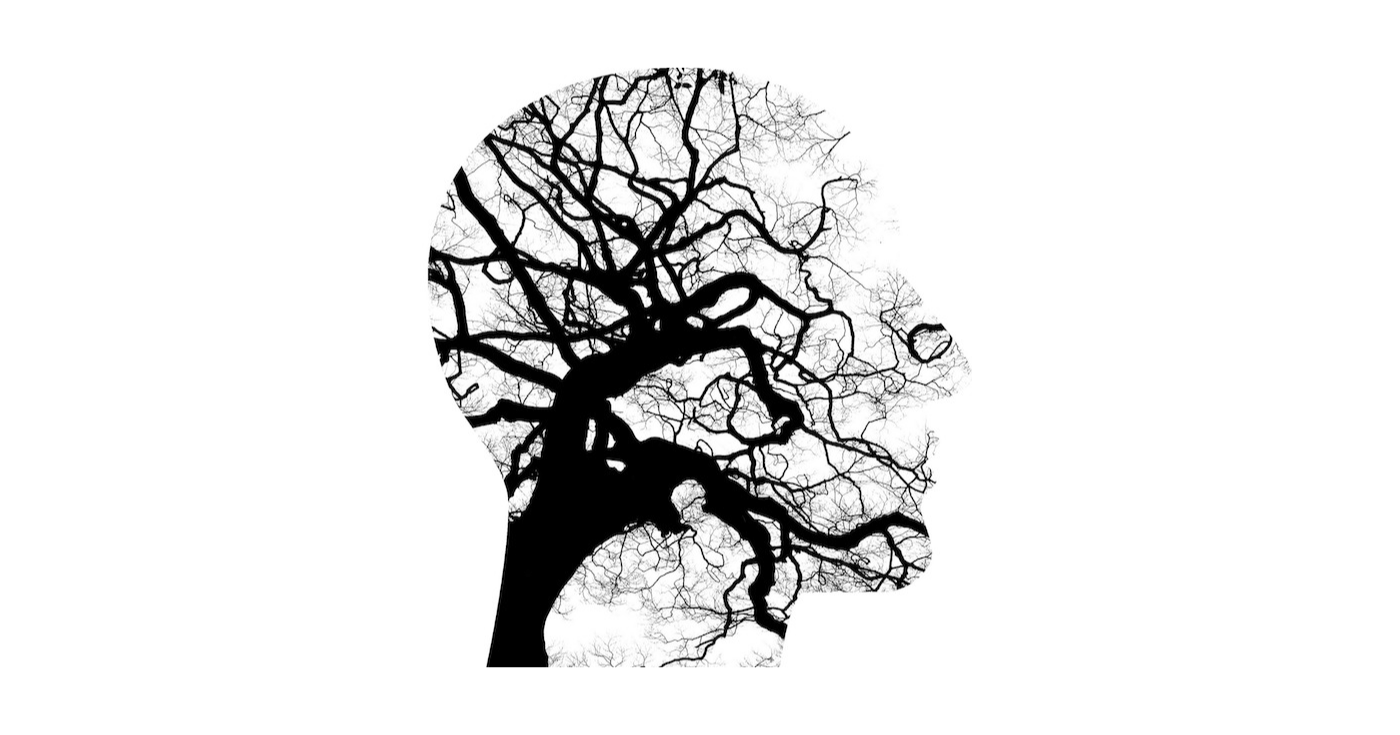



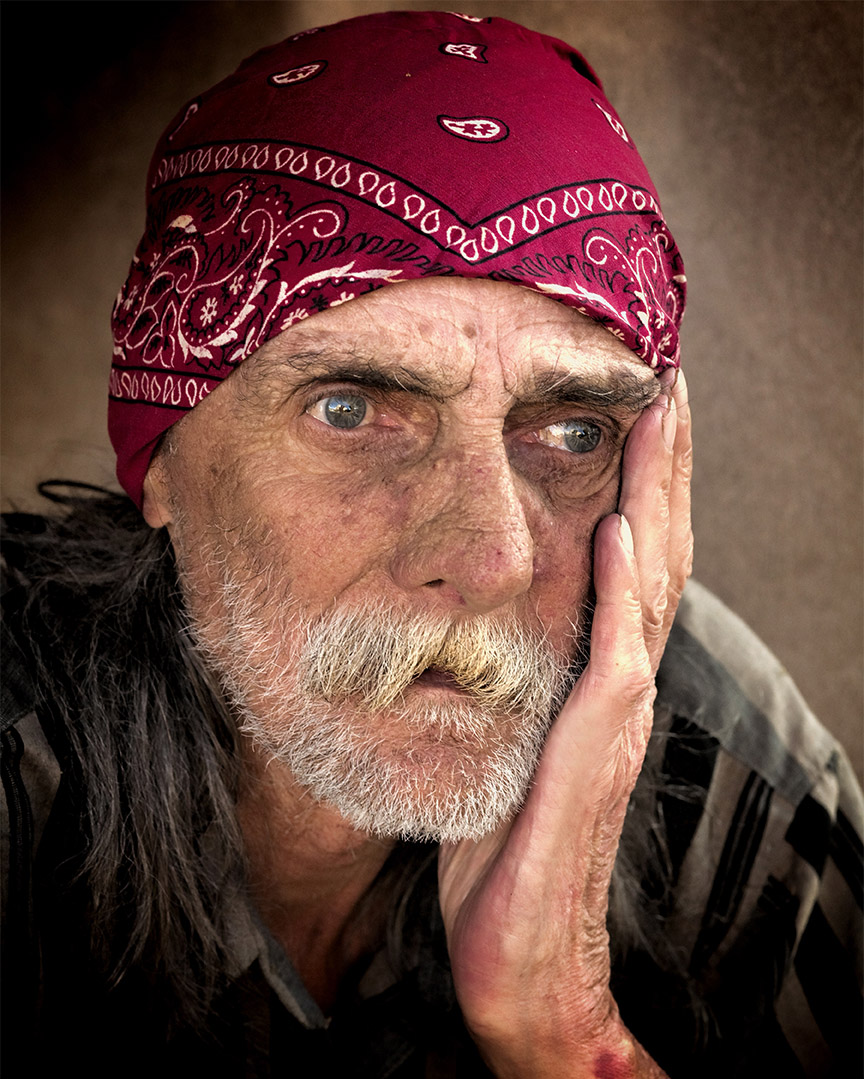
:max_bytes(150000):strip_icc()/how-to-cope-with-generalized-anxiety-disorder-1393164-33fd4592dab44d3dbb1e6bf395714f99.png)
/cope-with-generalized-anxiety-disorder-at-work-4125397_final1-bf8d4853906046c2a07b9804aa25a24a.png)



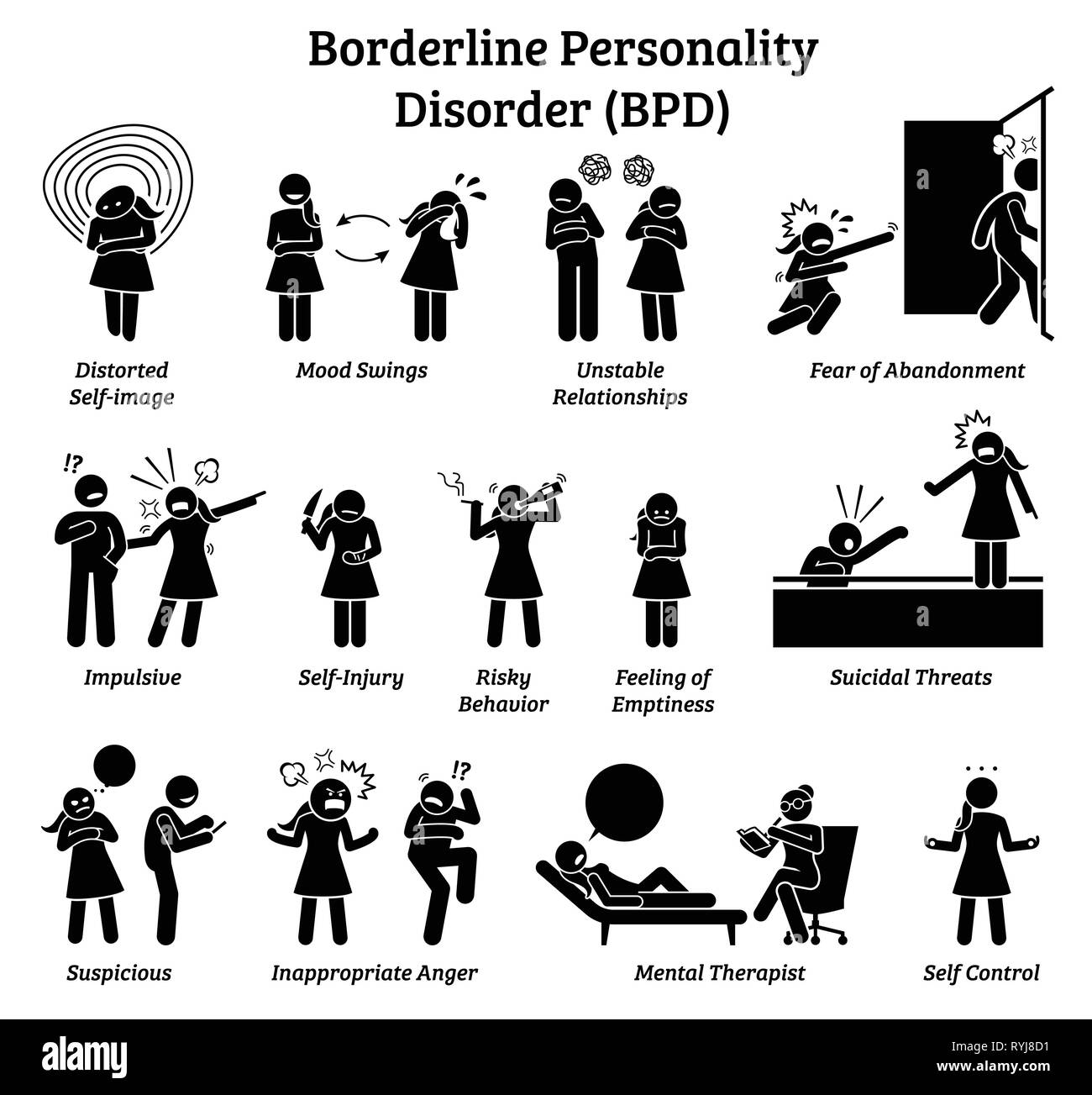
:max_bytes(150000):strip_icc()/obsessive-compulsive-disorder-ocd-5084138_V2-596155380bee4ba3aa27ccd04a3a5ea9.jpg)
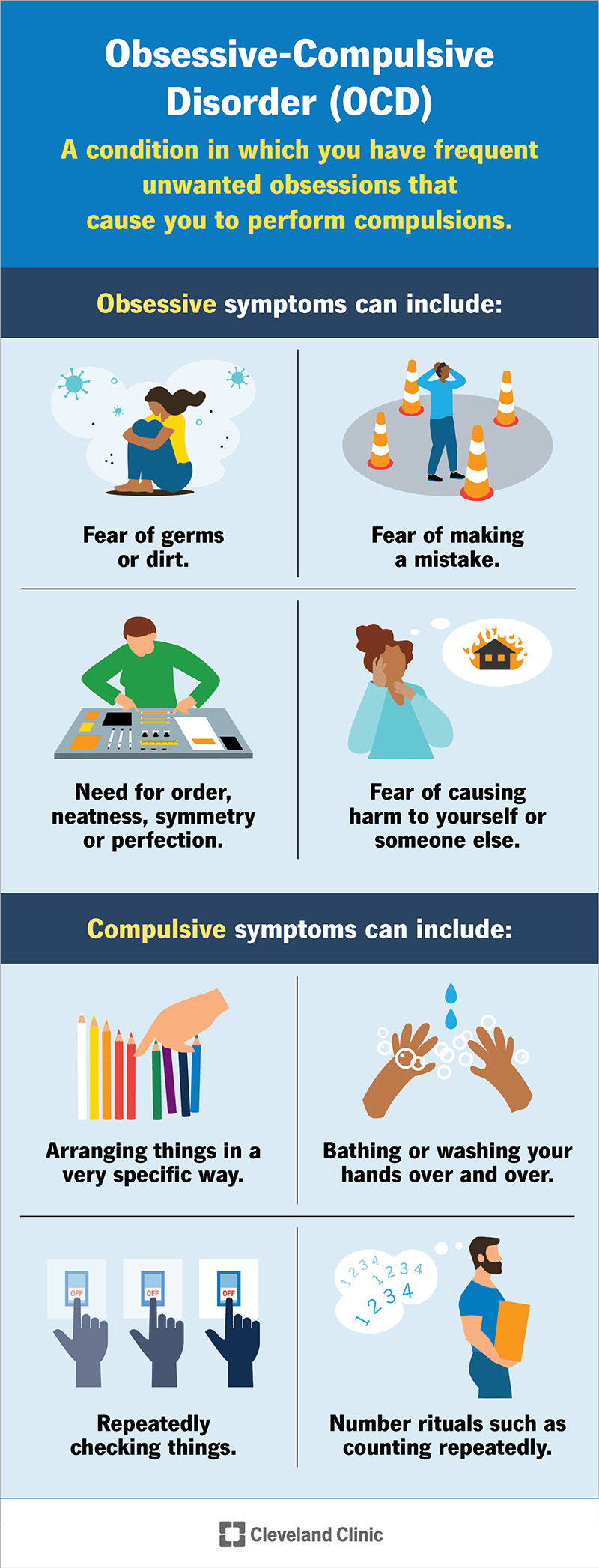
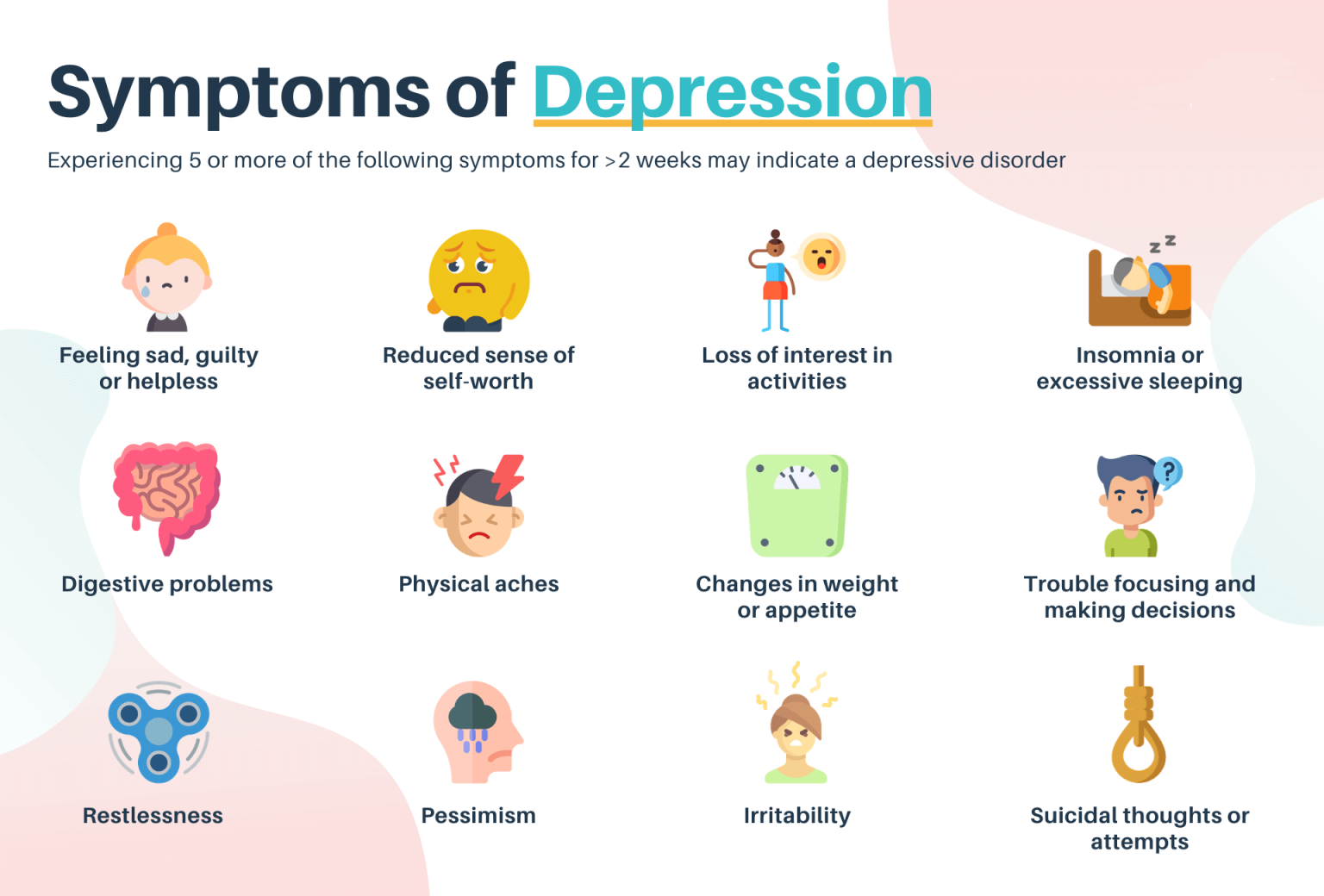

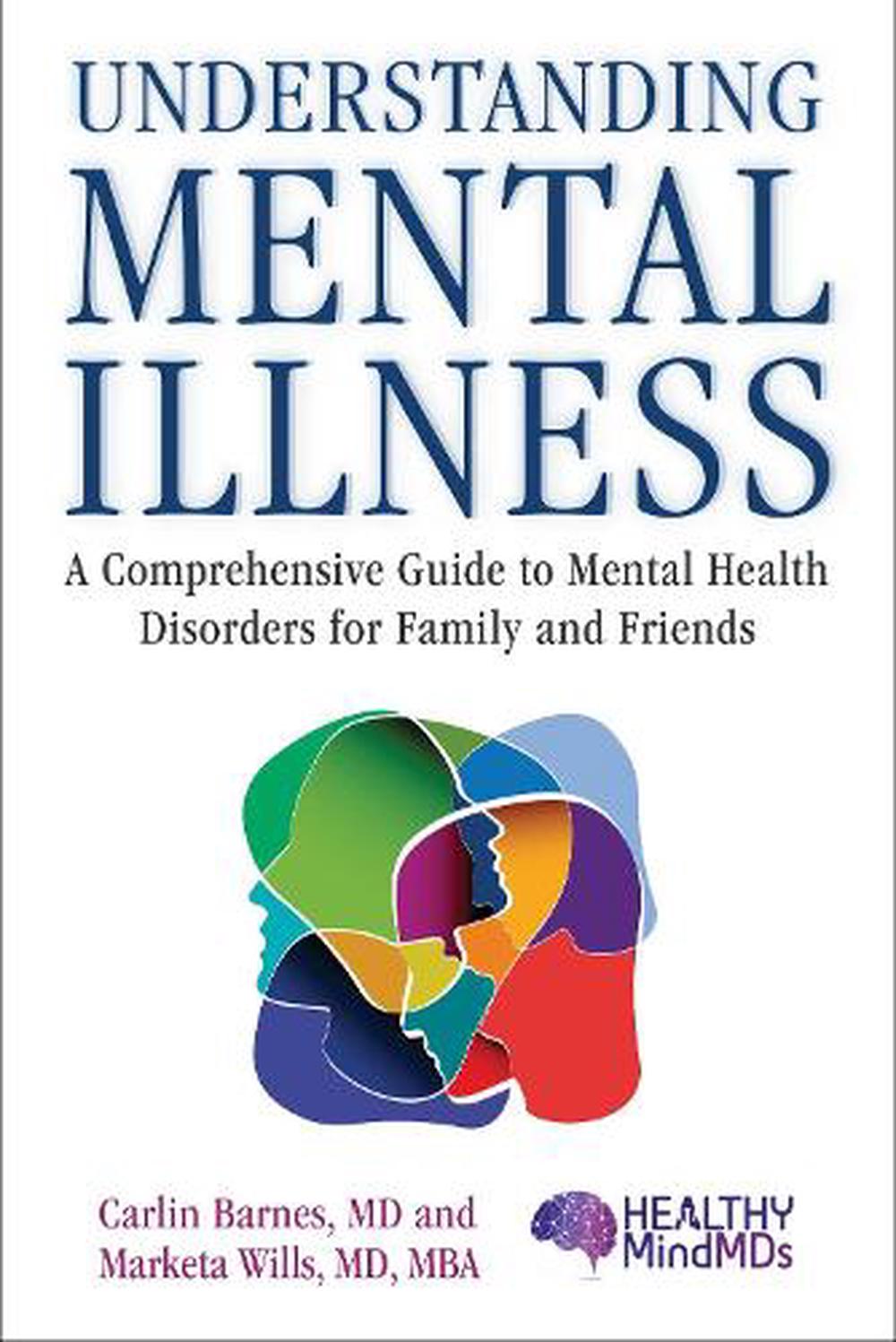
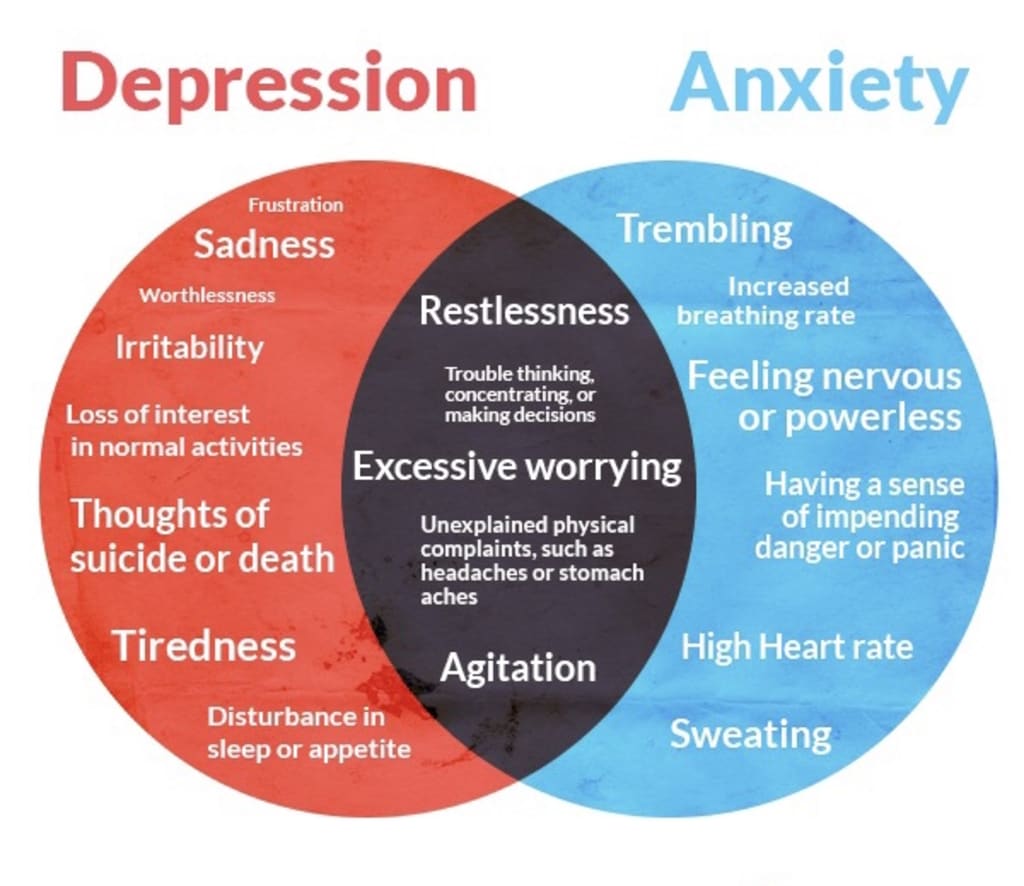
:max_bytes(150000):strip_icc()/mental-illness-5113353-Final-4680daa4bd4c4714b8e6b372c68c2e4c.gif)
